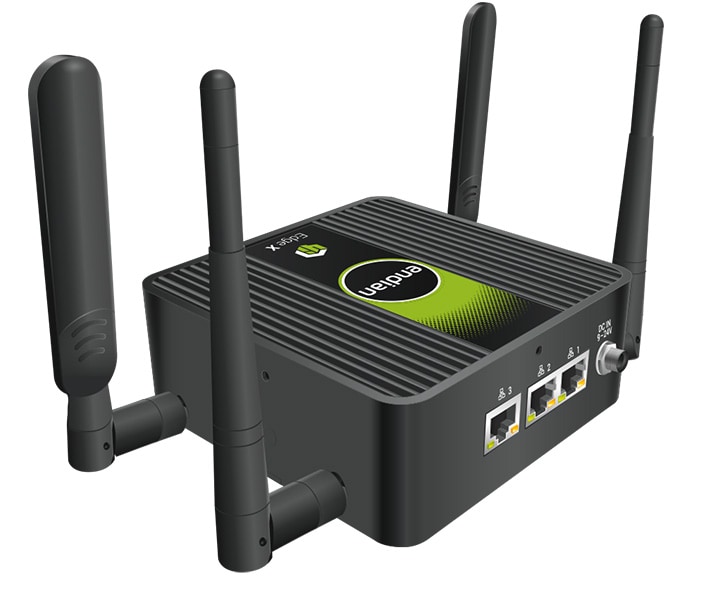
It’s affordable, easy to install, and you don’t need any technical knowledge whatsoever to use it, so it’s the perfect way to protect your data and get that extra peace of mind when using public networks.As the father of two boys both now in high school, and having been in the Security and Bandwidth Management space for quite some time, my home WiFi network is pretty buttoned up. Surfshark is also one of the most accessible ways to stay secure on public Wi-Fi. However, seeing as a VPN does protect you on public Wi-Fi, you should always use it when away from safe networks!Ī VPN like Surfshark ensures high-level AES 256 GCM encryption for all your activities. We recommend avoiding public Wi-Fi unless you really have to use it. It’s important to understand the dangers of using public networks and take the proper action to protect yourself and your sensitive information. Use a VPN to stay safe on public Wi-Fi networks If anyone’s blocking your VPN connection, try using a different port! With Surfshark, you can switch between OpenVPN TCP and UDP under the Advanced Settings. However, anybody who intentionally blocks you from using a VPN is generally only doing it so they can track your online activity. Whoever is hosting the connection gets to choose the terms of use, so occasionally, they will block them. Yes, public Wi-Fi networks can block you from accessing them with a VPN.
Can public Wi-Fi block a virtual private network? This includes using passwords for online banking, email accounts, social media, and more. If you disable auto-connect on your device, you won’t automatically connect to any fake networks.Īvoid using login details – If you’re not using a VPN, avoid logging into your online accounts and inputting passwords when using a public network. Choosing this, and avoiding AirDrop on iOS or printer sharing, will block possible routes that hackers can use to steal your sensitive data and personal information.ĭisable Wi-Fi auto-connect – Sometimes, hackers will use fake networks with the same name as a trusted network. Other tips to stay safe on public Wi-Fiīesides using a VPN, there are a few other simple tricks you can use to stay safe on public Wi-Fi connections:ĭisable file sharing – Whatever device you’re using, there will be an option to disable file sharing. This way, you can ensure that your data is safe every time you use a public network. This means that anybody snooping on a public Wi-Fi connection will only be able to see jumbled, unusable information. Firstly, a VPN provider encrypts your data. VPNs can protect you in more ways than one. How does a VPN protect you on public Wi-Fi? For this reason, a VPN connection is one of the most effective ways to protect yourself on public Wi-Fi. Any other personal information that you inputįortunately, a VPN service can prevent people from snooping on you and stealing your data.What personal information is at risk on public Wi-Fi?Įavesdroppers on public networks can monitor network traffic and even steal any information that you enter on your device.

These and other tactics used by hackers make it difficult to know if you’re safe when using unsecured networks. Others may use your cookies (small settings files stored in your browser for certain websites) against you, hijacking them to gain access to your accounts. For example, some will divert traffic through their own node (known as a man-in-the-middle attack), allowing them to steal any data you transmit. Hackers have many different tricks to snoop on public Wi-Fi users.

Some people set up fake hotspots disguised to look legitimate, then use them to steal your sensitive information.Hackers can easily watch what you do and steal your sensitive data.Data traffic on public Wi-Fi connections is not usually encrypted, so network security is easily compromised.This can be a problem for several reasons: When using a public Wi-Fi network, you never know who else could be monitoring the internet connection.


 0 kommentar(er)
0 kommentar(er)
